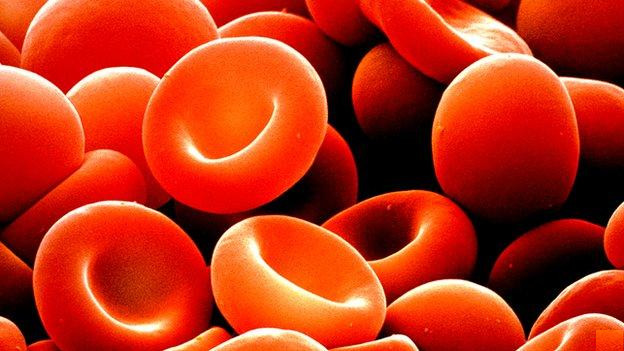Science to discover new proteins increases the effectiveness of vaccines
A newly identified protein that increases the effectiveness of vaccines receives the attention of the medical community.
Specifically, scientists from Boston University School of Medicine (BUSM) cleaned, extracted a new protein found in the body of a bacterium called scientific name neisseria meningidis and the team discovered that , this discovered protein acts as an adjuvant to promote vaccine efficacy in vaccination prevention. Before, the vaxcin often stimulated T cells to kill pathogens. In this case, there is a new protein that supports vaccines that directly kill pathogens in a more potent effect. Yes, the type of protein we want to mention in this article is PorB.

This study brings many important medical values to support and treat bacterial diseases, even cancer, HIV, and flu . Lee Wetzler, MD, Teacher The medical and microbiology professor at BUSM said.
To reach this conclusion, the team used two models, the first one being vaccinated with vaccine antigen and PorB protein mixture, the second model only vaccinated with antigen vaccine alone. . The results showed that the model containing PorB protein had more active vaccine antibodies, activating a wider range of antibacterial cells than the vaccine-only model.

This new study deepens our understanding of how to complement the vaccine with the immune response on the human body. The antigens from the vaccine and the ability to combine with PorB protein create a series of events that arrange peripheral cells and in lymphoid tissue to protect the body from infections. This is an important mechanism that can be used to treat cancer in the future, Wetzler, a doctor from the Department of Infectious Diseases of Boston Medical Center said in a statement.
You should read it
- ★ Things to know about 5 in 1 vaccines and 6 in 1 vaccines
- ★ Dealing with cancer can become easier with self-correcting nanoparticles
- ★ Out of oxygen supply, burning of Fat Protein can kill cancer cells
- ★ Injecting Vitamin C into a vein may help treat cancer
- ★ New technique: Give cancer cells luminescent inside to help surgeons remove